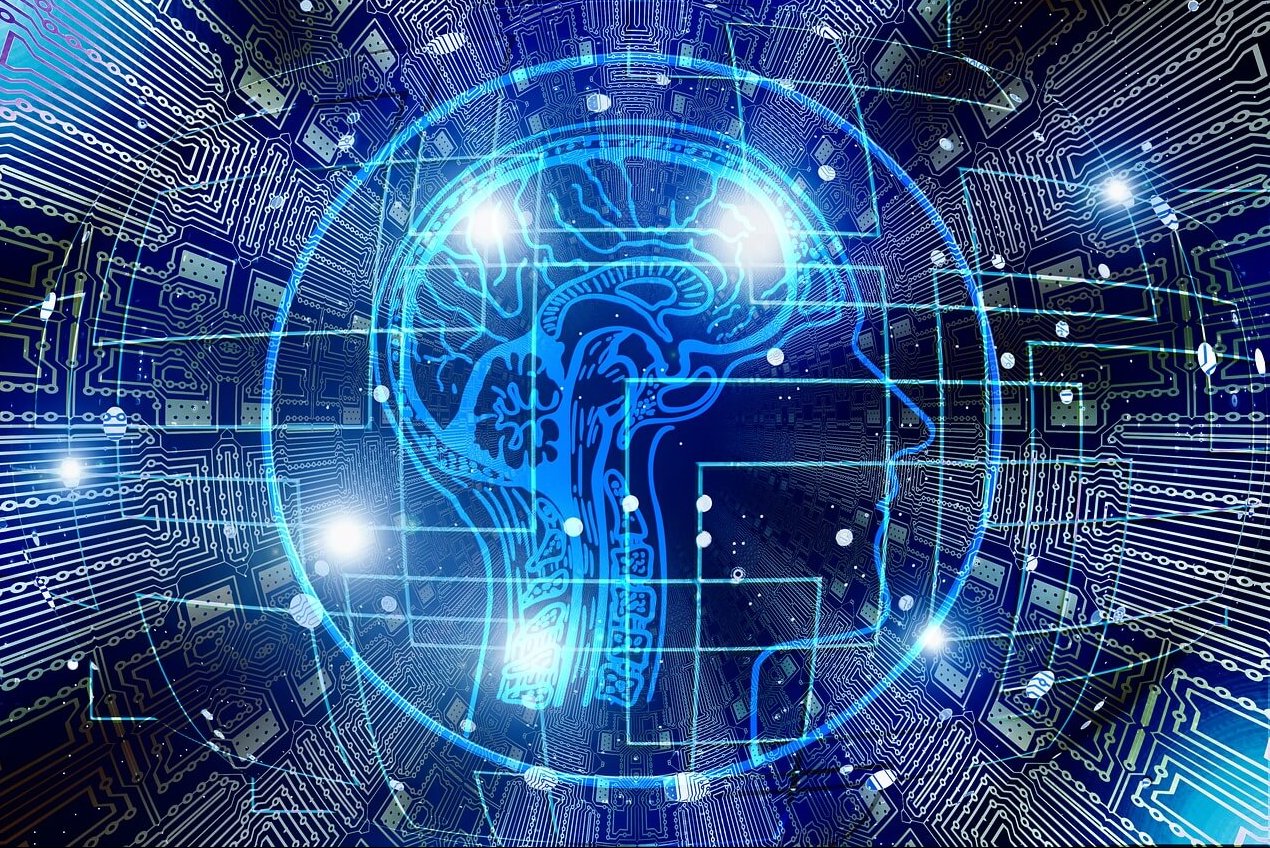

In this article, we take a look at data science vs blockchain and cover five reasons why the technology is needed in the field.
To get started, let’s quickly cover what data science is. Data science is a field related to ‘big data.’ Big data refers to large data sets that can be analysed computationally to reveal distinct patterns and trends.
Data science, then, is aimed at providing relevant information based on a large quantity of data that can be quite complex. It is often a multidisciplinary mixture of data inference, algorithm development, and technology chosen to solve analytically complex issues.
In a field wholly related to information, blockchain could prove to be a pivotal tool in the area.
Blockchain deals with data and information almost exclusively, which means it can also track data.
For example, global industries such as Ford Motor Company and WWF Australia have recently implemented test pilots of blockchain technology to trace their supply chains.
In doing so, the companies are able to watch over the entire process to guarantee the supply chain process is both ethical and legal.
Fundamentally, blockchain is tracing the supply chain data. This can be applied to the field of data science too.
Since we know that blockchain can maintain the integrity of data, data scientists could use blockchain as a tool to collect data.
By using the technology, they can rest easy in the knowledge the data is not falsified, and they have the ability to track it to be certain.
Signatures could also be put in place so that only those with the relevant signatures can access sensitive information. A benefit of this is that it helps prevent data leaks and hacks.
We may live in a digitised world, but this does not mean paperwork has been eliminated. Many businesses and companies still keep paper records of information for either back-up purposes or because it is safer than storing the data on a network that can be hacked.
If all of this information were moved to a decentralised and private blockchain, the data would be well protected. It also cuts down on manual processes which can be a huge time saver for companies.
At its core, blockchain is a tool for sharing data. If data were on the blockchain, it could be securely sent to whoever is requesting/needs the information.
Sharing paper documents can be a tedious process, but with blockchain, the sharing of data can be streamlined. Especially since information being on the blockchain does not mean anybody can view it.
In cryptocurrency, while other users can see where crypto has been sent, there is no identifying information used. This is a product of encryption. With the correct encryption, data scientists could share their information with each other securely.
This is perhaps the biggest benefit of using blockchain for data scientists.
A blockchain network is supported on a distributed basis across the world, which means it is always up and running.
This in turn means data and information can be updated in real time – a quality that would appeal massively to data scientists.
Similarly, multiple people can conduct work on a blockchain at once, meaning data can be updated at all times.
Often, a big concern with centralised companies is that they offer a single point of failure. They can be hacked at any time, and dependent on their level of security, massive data leaks can occur.
With a network supported globally, this single point of failure is removed.
One aspect of cryptocurrency was to create a ‘trustless’ society, and this is how blockchain became essential in the crypto process.
Since everybody in the network has a copy of the chain and can freely view it, they know the information is correct. Consequently, trust is taken away because it is no longer needed.
In cryptocurrencies, data miners are tasked with sequencing blocks of information to be added to the blockchain. Inside of these blocks are transactions. Before blocks can be added, data miners solve complex mathematical algorithm puzzles. In a sense, they play the role of a digital account and verify the transaction information.
In the scope of data science, whenever information is being added to the blockchain, the records can be cross-checked and analysed at the entry point. This will help ensure that the data being added to the blockchain is legitimate and verified with its integrity intact.
You should now be able to see the benefits blockchain technology can bring to data science.
Blockchain is designed to enhance experience and workflow. This is primarily how it will impact the field of data science.
It can streamline the data sharing process, help maintain integrity, and trace the data being examined.
Interested in reading more about the blockchain revolution? Discover how blockchain can improve the healthcare industry on Coin Rivet.
Denver, Colorado, 24th February 2025, Chainwire
Denver, Colorado, 20th February 2025, Chainwire
Washington, D.C., 18th February 2025, Chainwire
Dubai, UAE, 27th January 2025, Chainwire
Those who enter the market at this time may be surprised to hear that Bitcoin…
George Town, Grand Cayman, 22nd November 2024, Chainwire